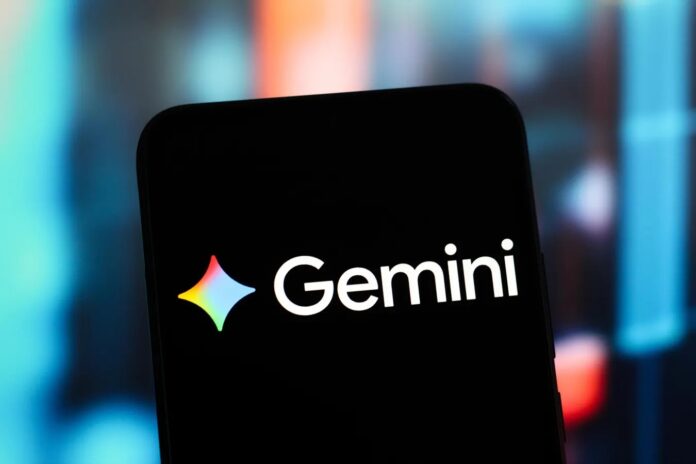Google’s latest AI platform, Gemini 3, isn’t just an upgrade; it’s a shift in what’s possible for healthcare CIOs. The new features—deeper reasoning, “antigravity” agents, and native multimodality—directly address long-standing clinical and operational challenges. This isn’t about distant potential; it’s about tangible improvements now.
Deep Reasoning for Complex Cases
Gemini 3’s advanced reasoning capabilities allow healthcare leaders to tackle decision-making that requires multiple layers of analysis. The obvious application is in complex patient care, but the real power lies in operational streamlining.
Consider a health system with fragmented data across multiple EMRs and third-party applications. Gemini 3 can ingest complete medical histories, imaging reports, lab results, and health information exchange data. It then analyzes this information for high-risk patients, reducing case management review times. Instead of hours spent hunting for scattered records, the system provides a clear, consolidated view, enabling faster decision-making on care costs and quality.
Automating Workflows with “Antigravity” Agents
The “antigravity” agent feature isn’t just marketing; it allows AI to execute tasks across disparate software systems. This is especially valuable in environments overloaded with third-party solutions.
Take revenue cycle management. Claim denials are a daily reality for health systems. Gemini 3 can automate the entire process: identify the denial code, log into the payer system, correct coding errors (even logging into the coding system for updates), locate missing authorizations (from document management or email), and resubmit the claim. The entire workflow happens without human intervention, saving time and reducing administrative overhead.
Native Multimodality: The Future of Ambient Intelligence
Gemini 3’s native multimodality means it can process images, text, audio, video, and code simultaneously. This unlocks new possibilities as ambient solutions become more widespread in healthcare.
Imagine an AI agent that analyzes ambient scribe data, eight months of EMR history, a radiology report, and a telemedicine video consult. It can then recommend next steps or even schedule a specialist appointment by logging directly into the scheduling system, bypassing the contact center and physician’s office staff. This represents a leap toward truly integrated, automated care coordination.
The Bottom Line: Gemini 3 is not just another AI tool; it’s a catalyst for immediate operational improvements in healthcare. CIOs who act now can leverage these capabilities to enhance care quality, streamline processes, and resolve persistent inefficiencies. The pace of AI advancement is accelerating, and the competitive advantage will go to those who adapt first.























